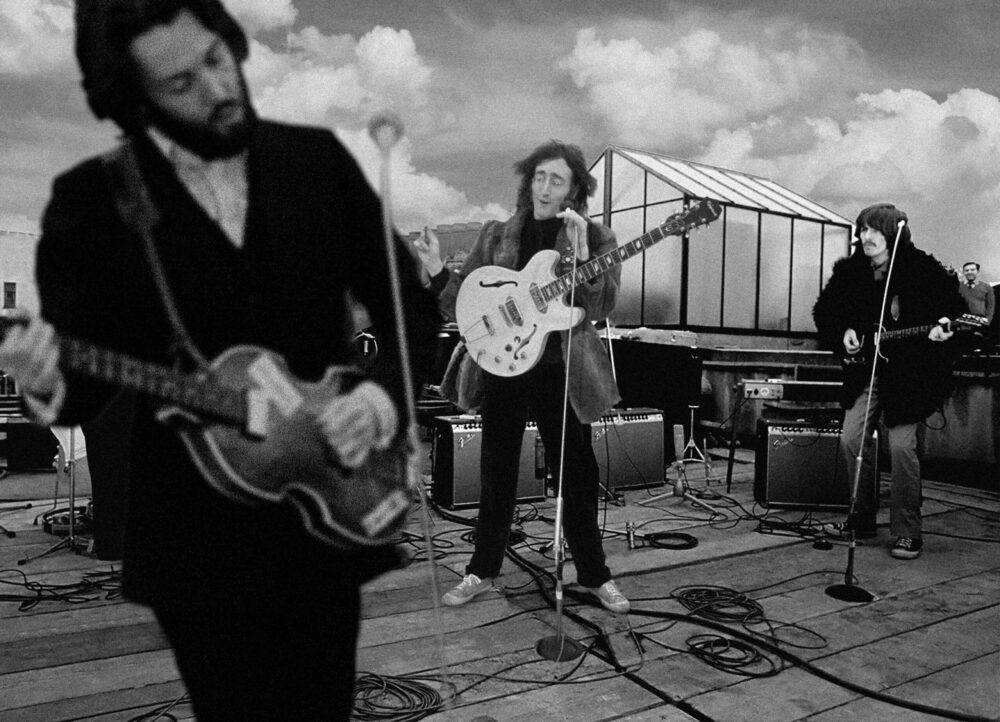
History
The fascinating history of the Adelphi Hotel
10 months ago
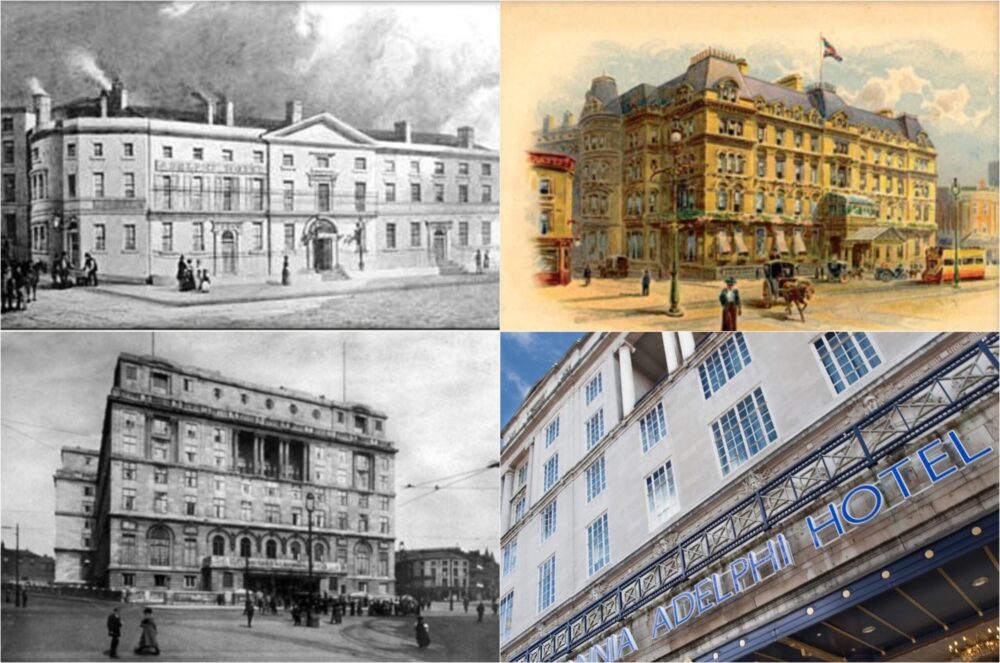
Step back in time to 1826, when the visionary hotelier James Radley unveiled a remarkable establishment on the grounds of Ranelagh Gardens, Liverpool’s very first public recreation space right in the heart of the city centre.
The initial incarnation of the Adelphi Hotel had a rather unassuming start, until approximately half a century later when the original building was razed to make way for a splendid new iteration. In 1876, the “second” Adelphi emerged, boasting a completely different aesthetic, aiming to provide a heightened sense of luxury.
With an impressive 300 rooms and a dedicated staff of around 140, the new Adelphi became a captivating focal point in the city centre. Under Mr. Radley’s expert management, the hotel exuded a warm and inviting atmosphere, ensuring that guests felt truly at home and eager to return time and time again.
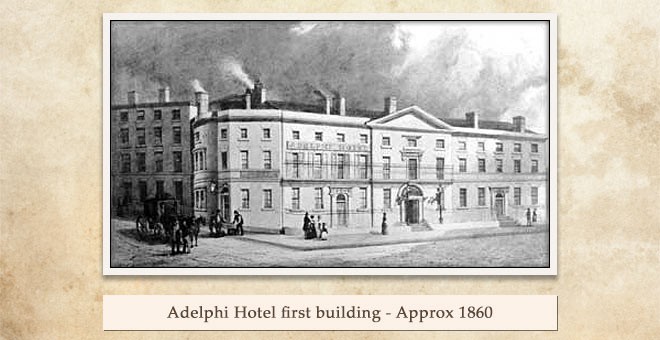
During this era, the Adelphi had global acclaim not only for its exceptional service but also for its unique offering of turtle soup. The basement of the hotel housed heated tanks, where live turtles were kept specifically for this delicacy.
The renowned soup not only delighted guests at the Adelphi but was also distributed nationwide for grand banquets and extravagant events. Additionally, the Adelphi cemented its status as Liverpool’s premier hotel of the time, attracting wealthy travellers who would often seek respite within its grand walls before embarking on their voyages from the nearby harbour.
One of the most illustrious guests to grace the Adelphi during the 19th century was none other than the esteemed author Charles Dickens, who counted the Adelphi among his favourite accommodations. Dickens paid three visits to the hotel between 1826 and his passing in 1870. During his visits to Liverpool he drew inspiration from the hotel for his novel “Little Dorrit.” The luxurious settings and extravagant events depicted in the novel were inspired by the Adelphi’s own splendour.
The “third” Adelphi, which still proudly stands today, was inaugurated in 1914 and designed by the talented Frank Atkinson and constructed by one of Liverpool’s most renowned firms, the new building eclipsed its predecessors in grandeur.
This time, the magnificent structure boasted an indoor swimming pool heated to perfection, tennis and squash courts, Turkish baths, shooting galleries, and two exceptional restaurants specialising in both French and English cuisine.
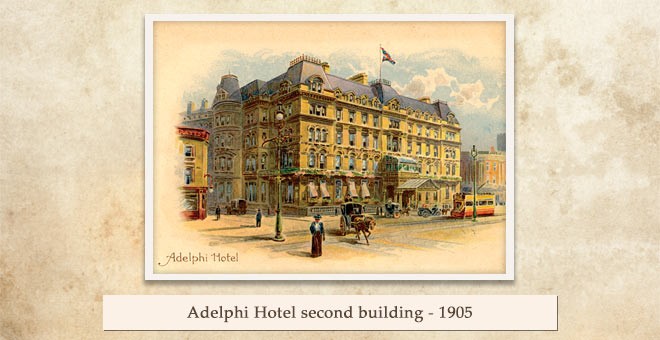
It was believed to be the first hotel in the entire country to offer such amenities. Yet, what truly set the new Adelphi apart from the competition was the inclusion of an awe-inspiring and state-of-the-art feature in each room: a telephone.
During its early years, the Adelphi Hotel became synonymous with glamour and sophistication. It became a popular destination for the wealthy and influential, hosting grand parties, society events, and opulent balls.
The hotel’s lavish ballrooms, adorned with crystal chandeliers and intricate mouldings, provided the perfect setting for these extravagant gatherings.
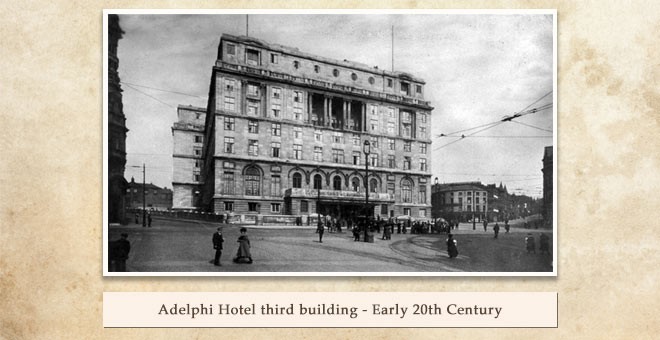
Throughout the 20th century, the Adelphi Hotel continued to attract notable figures from the entertainment industry. Legendary performers such as Frank Sinatra, Judy Garland, and Laurel and Hardy graced the hotel’s halls, adding to its allure and reputation as a celebrity hotspot.
In addition to its glamorous history, the Adelphi Hotel played a significant role during World War II. The hotel served as a refuge for locals seeking shelter from air raids. Its underground passages provided a safe haven during times of danger, and remnants of these tunnels can still be found beneath the hotel today.
The hotel is also not without its eerie tales of the supernatural.
Over the years, various ghost stories and paranormal encounters have been reported by guests and staff members alike. One of the most famous ghostly residents is said to be the spirit of a former chef who tragically died in the hotel.
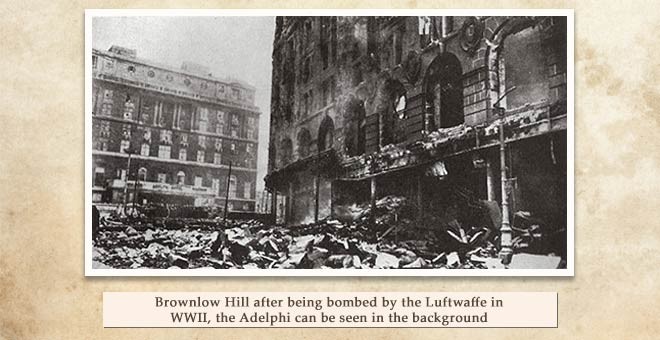
His phantom presence has been described as mischievous, with reports of mysterious kitchen activity and unexplained noises echoing through the corridors.
While the Adelphi Hotel has faced various challenges and changes over the years, it has managed to retain its unique charm and iconic status in Liverpool. It continues to be a favoured destination for visitors who want a glimpse into the city’s history.
In recent times, the Adelphi Hotel has earned itself a fancy Grade II listed status from the English Heritage organisation, solidifying its position as a renowned establishment in our beloved city.
While it may not attract the same caliber of high-flying guests as it once did, make no mistake, the Adelphi remains a true Liverpool legend in the world of hospitality.


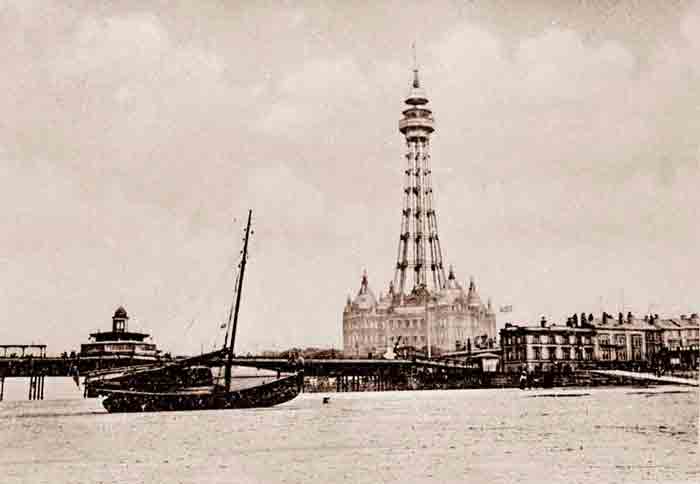
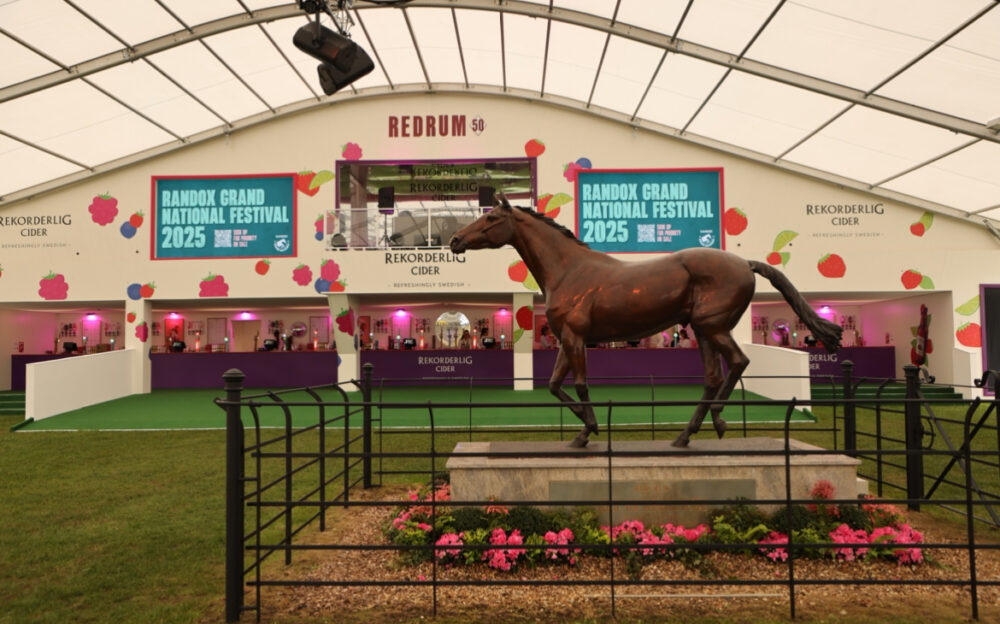
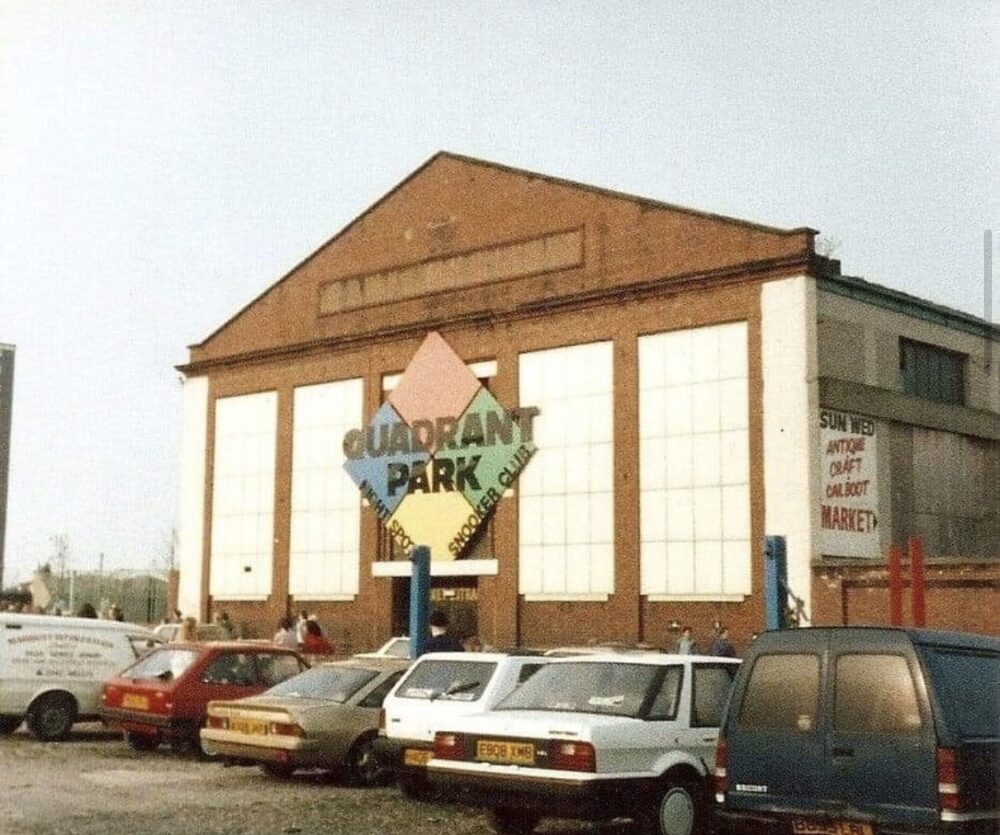
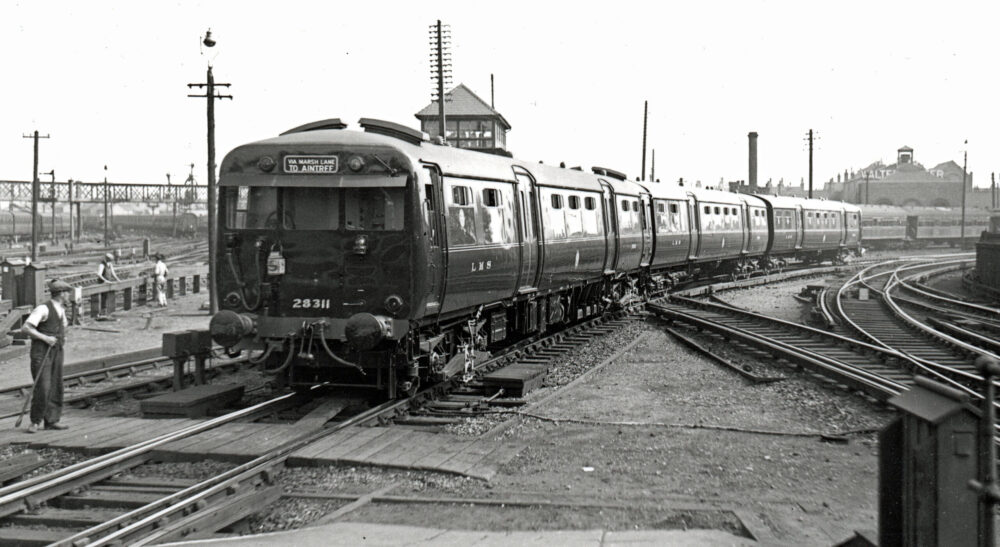
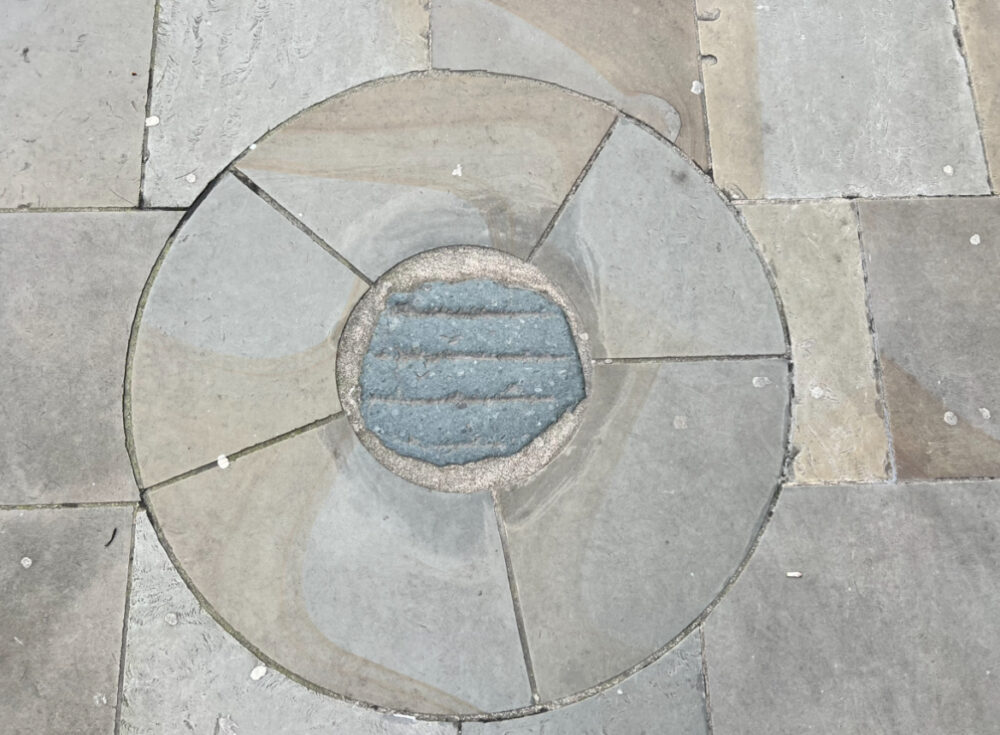
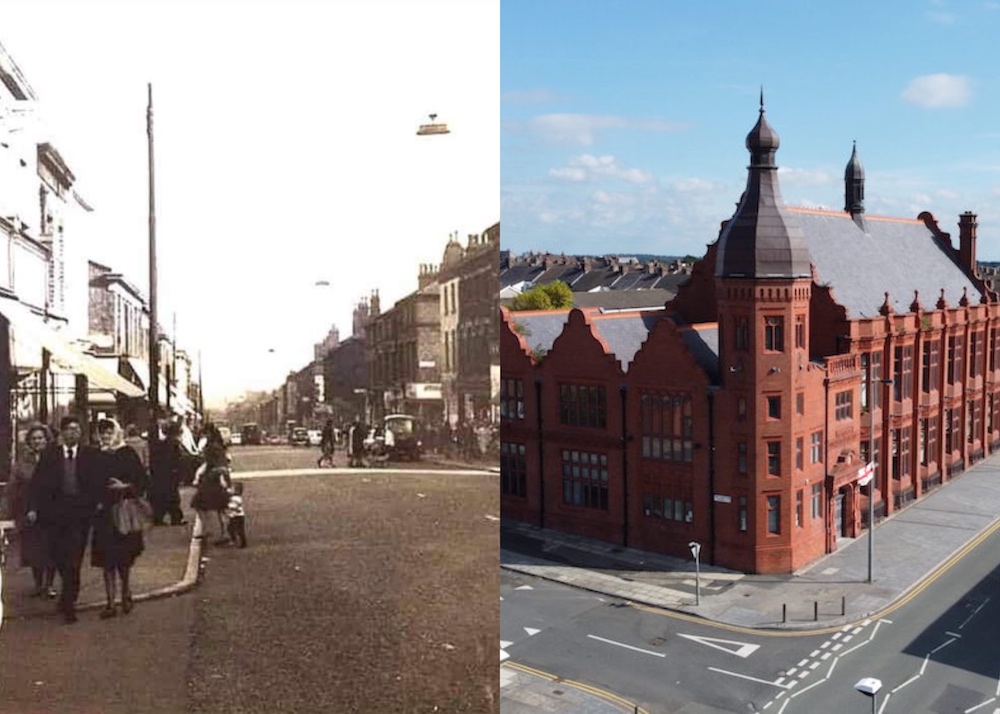
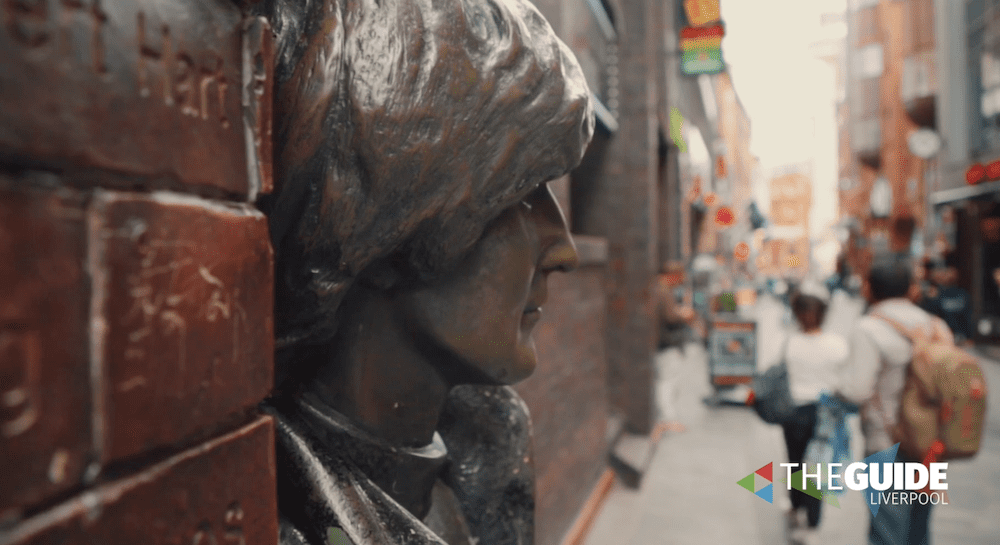
 Subscribe
Subscribe Follow Us
Follow Us Follow Us
Follow Us Follow Us
Follow Us Follow Us
Follow Us Follow Us
Follow Us











